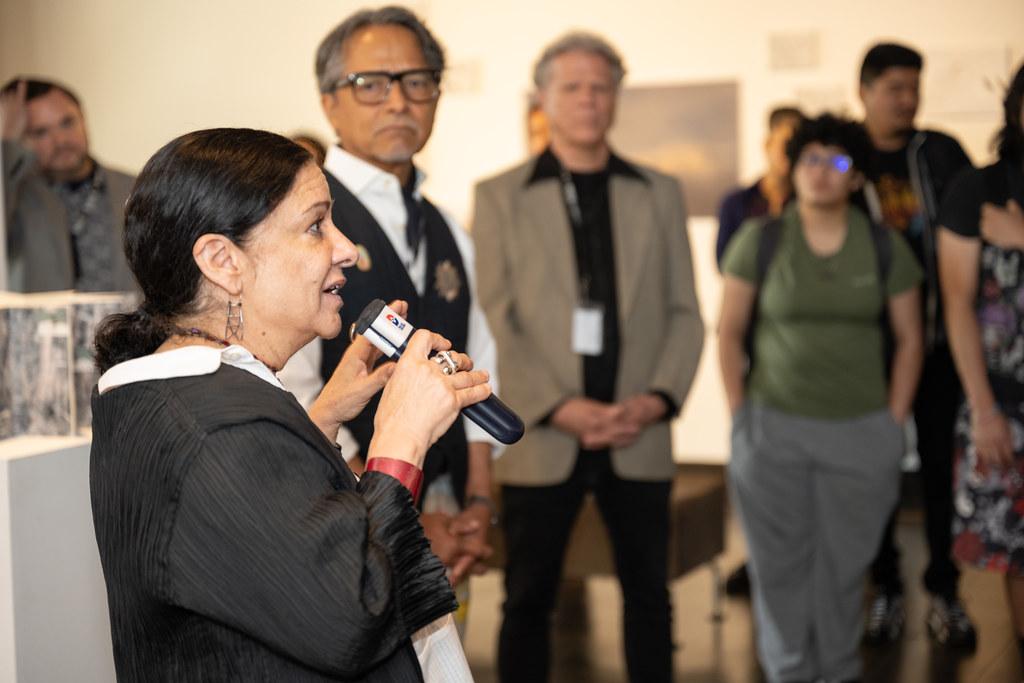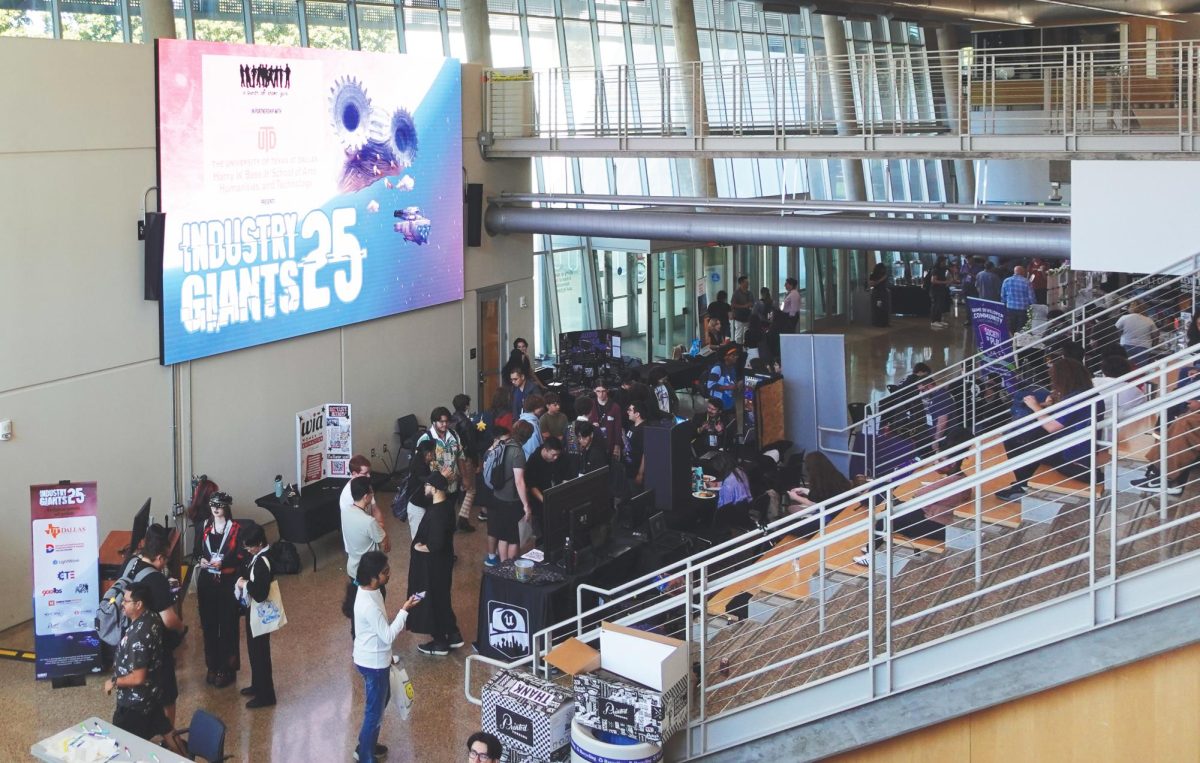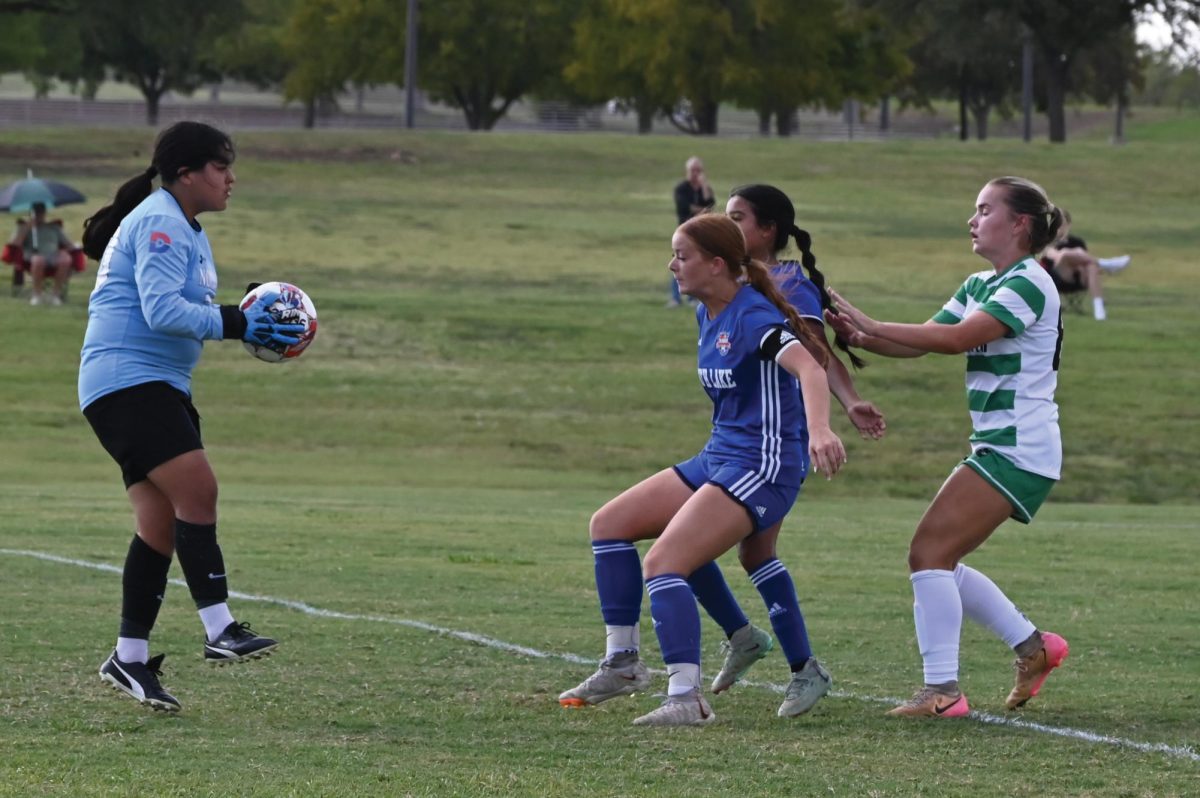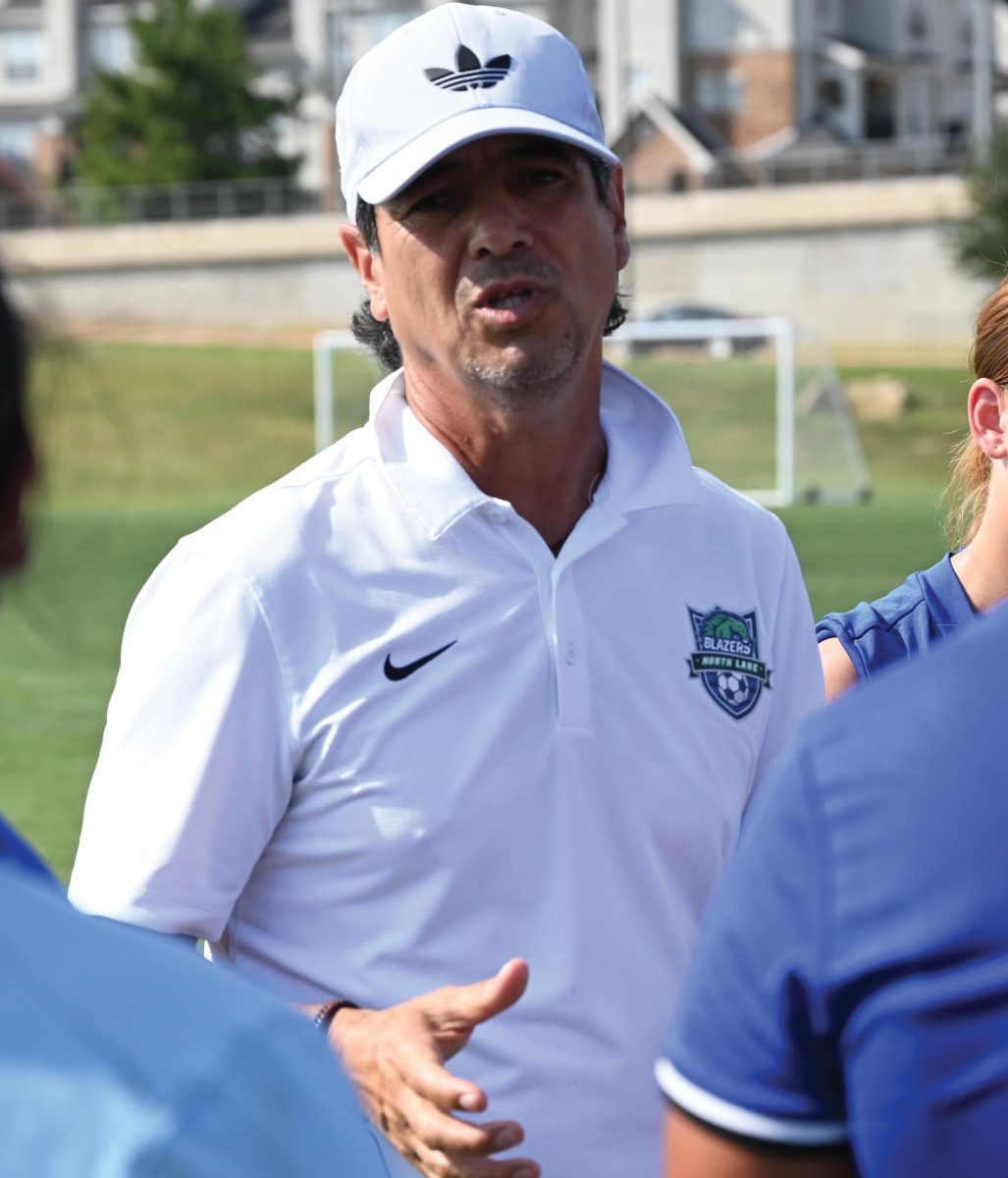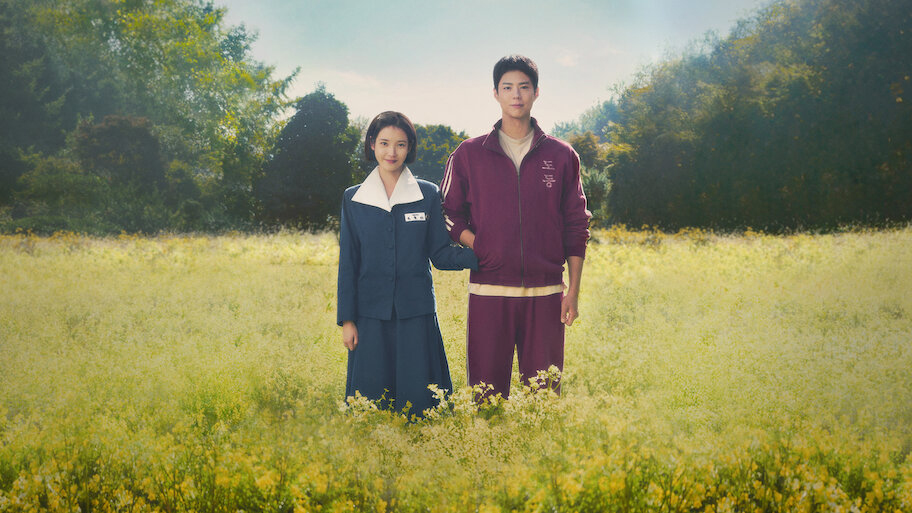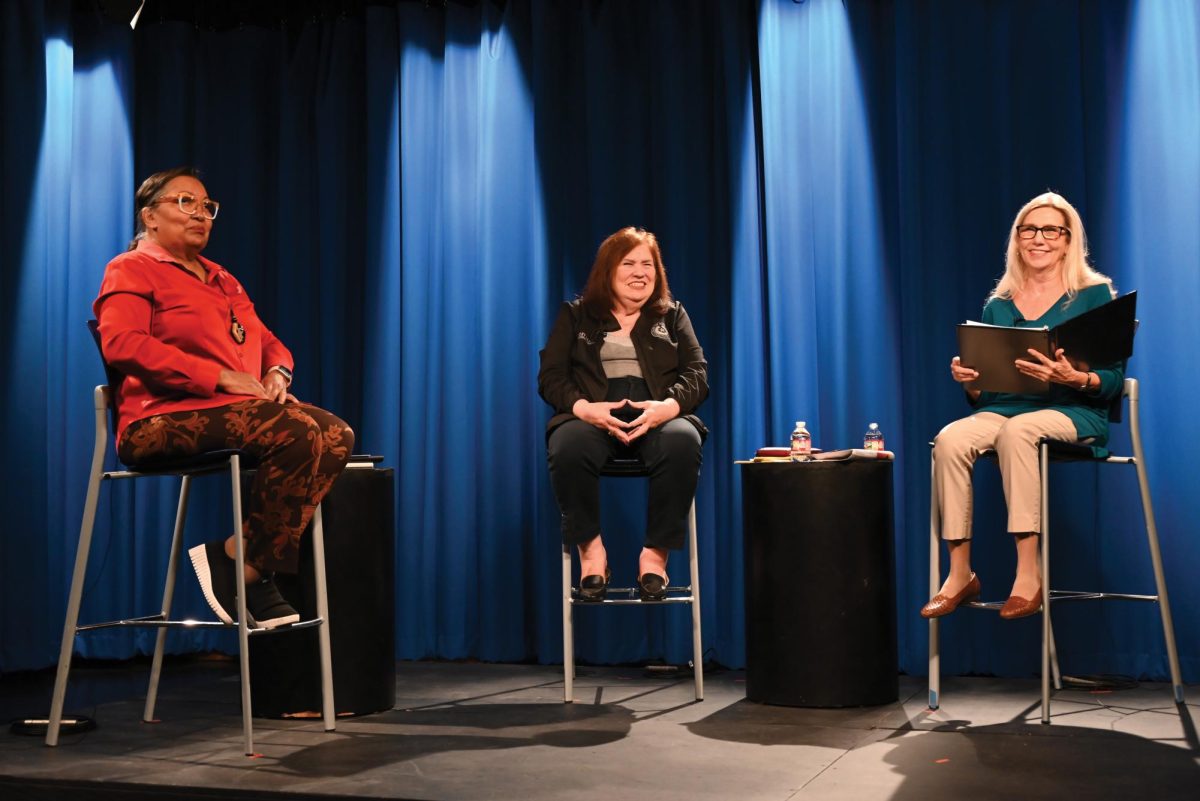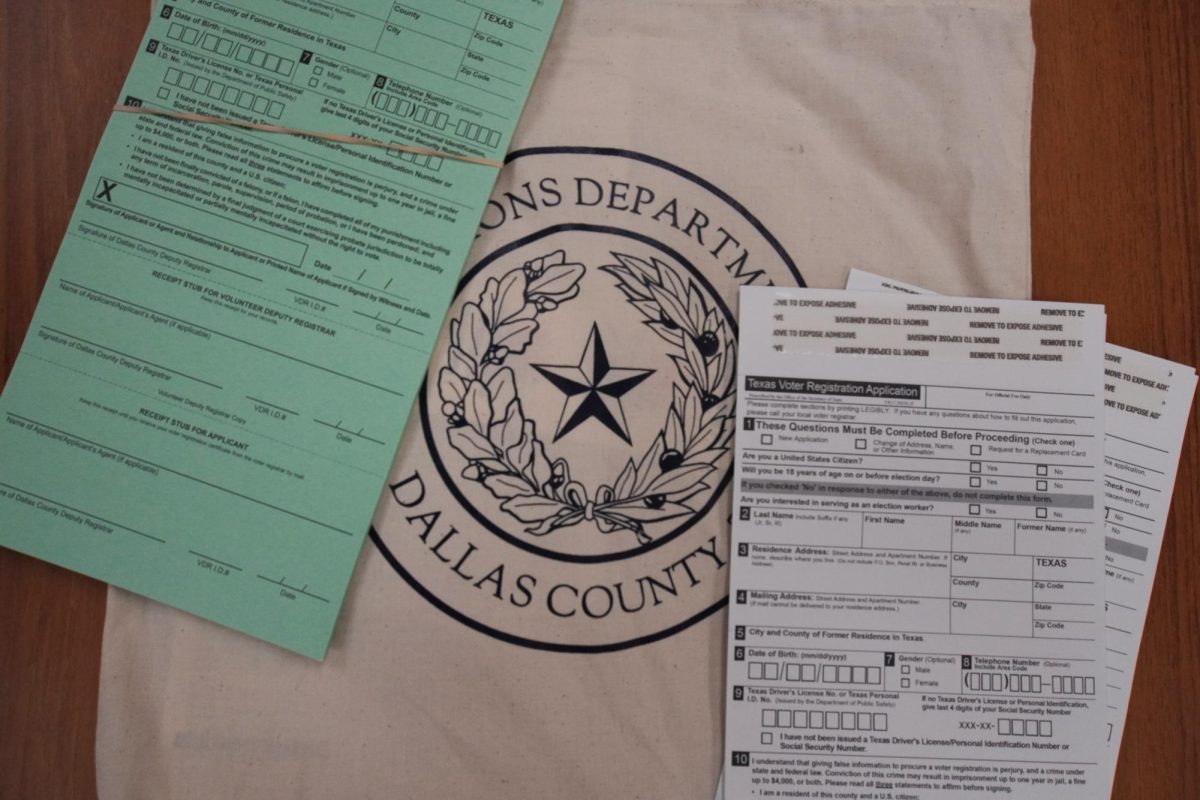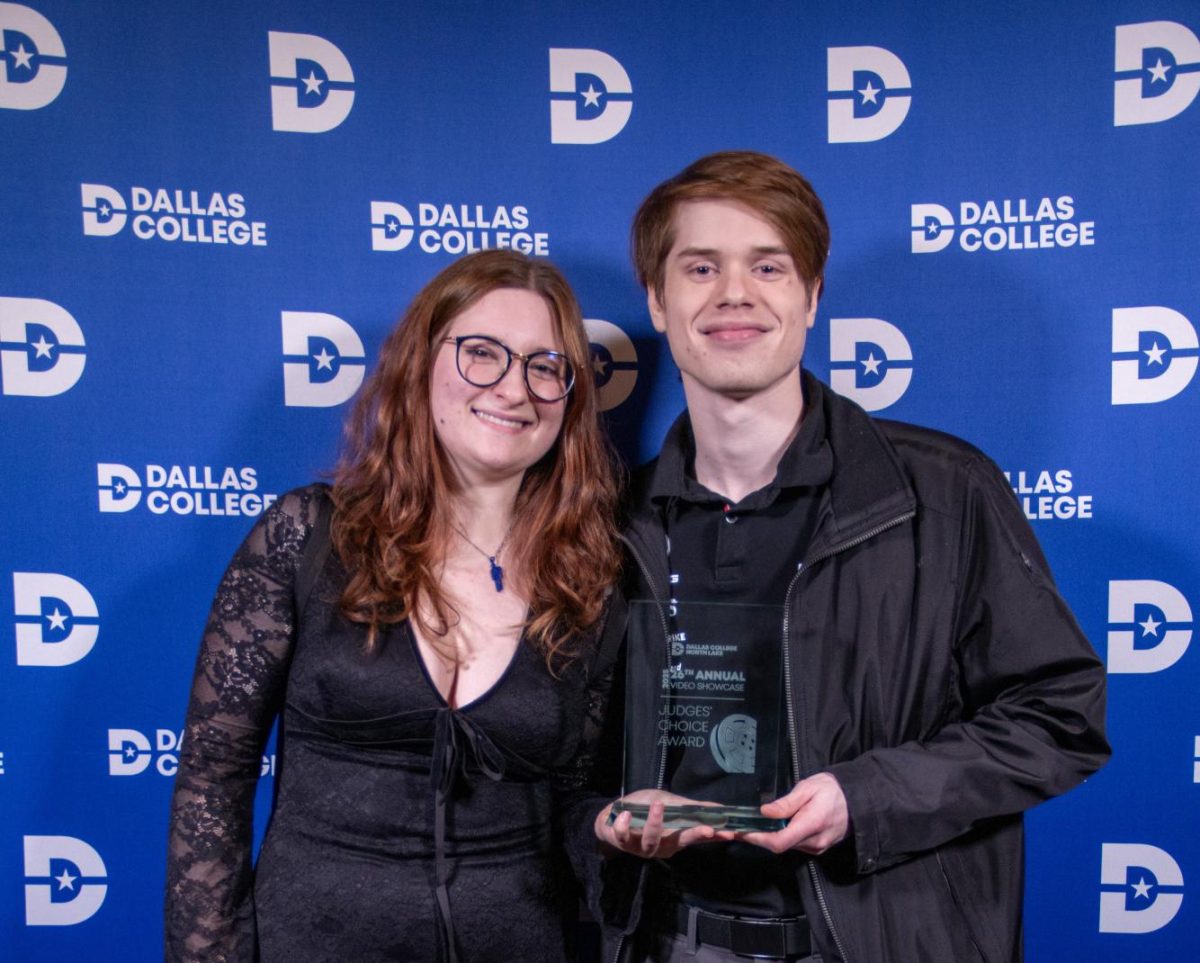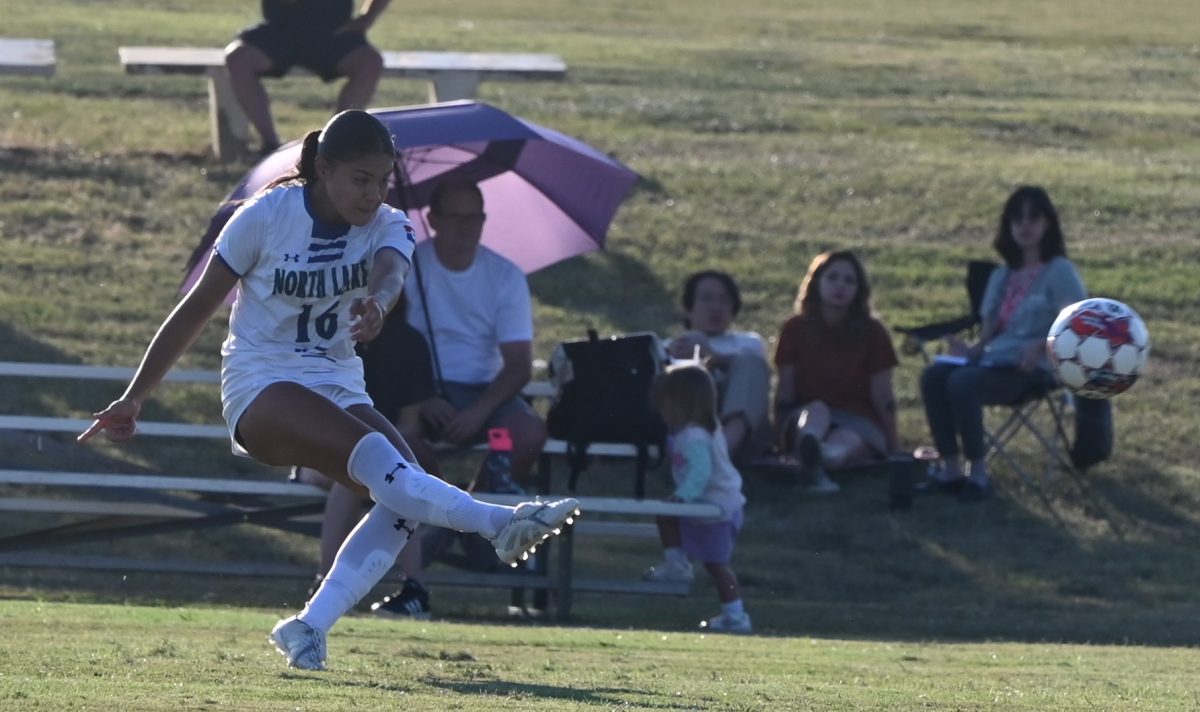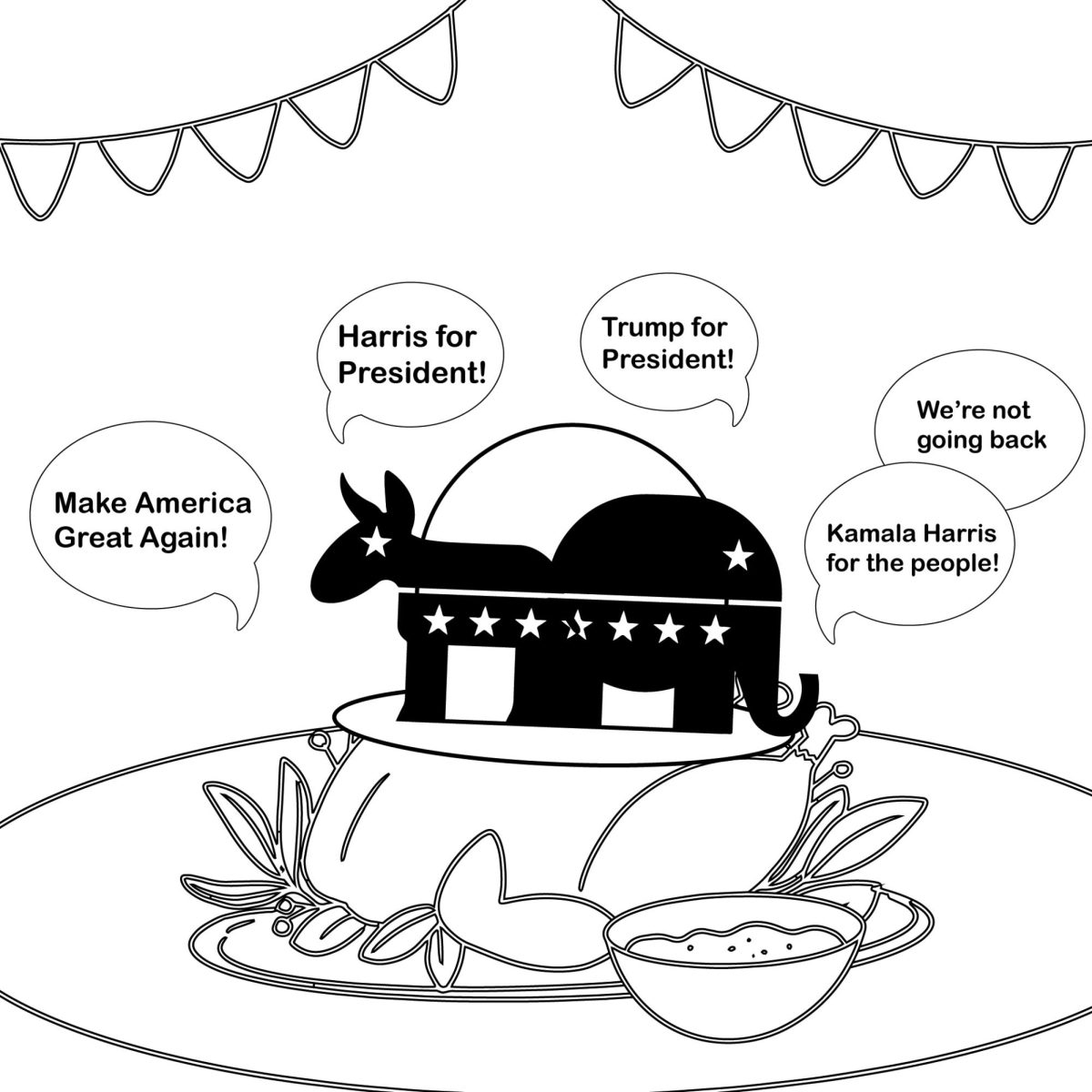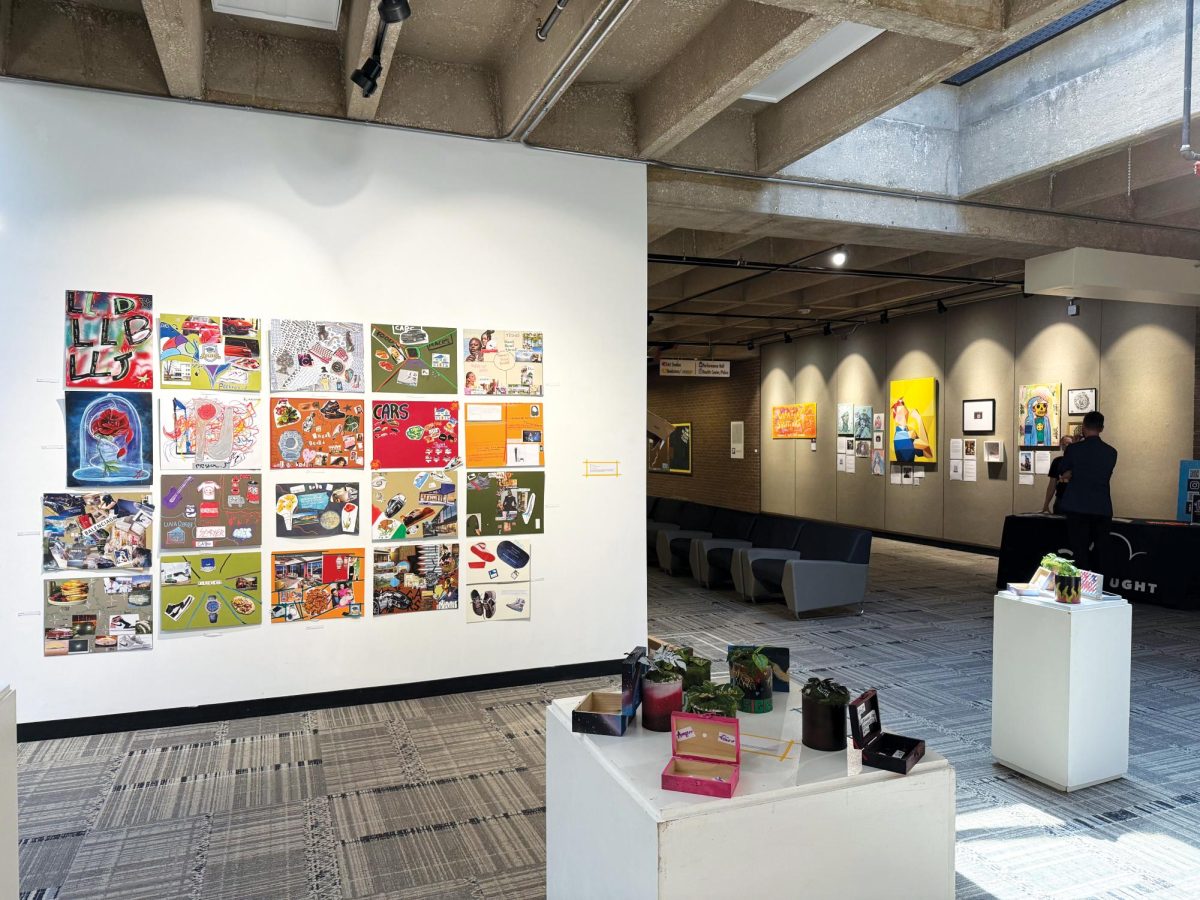Under the towering pines of Camp Cho-Yeh and along the quiet shores of Lake Livingston, 58 Dallas College students stepped out of their routines and into a weekend of firsts. Whether it was their first time tubing on water, camping in a cabin, or opening up to strangers-turned-friends, the Summer Leadership Retreat, May 20-23, became more than a break from classes it became a lesson in growth, courage and connection.
Each year, Dallas College chooses a unique theme to guide the Summer Leadership Retreat. This year’s theme was inspired by “The Hunger Games” series, reflected in activities and group dynamics throughout the retreat. Students were divided into five “districts,” each competing to earn points through various activities. On the last day, the three districts with the highest scores were honored by naming three “Mockingjays,” symbolizing leadership and resilience. In “The Hunger Games,” the Mockingjays are mutant birds that are used to represent the rebellion/leadership and resilience.
The retreat welcomed many students who were experiencing camping for the first time. While the event offered activities in an outdoor environment, the college ensured the accommodations were comfortable, placing students in cabins rather than tents. Attendees brought their own bedding and toiletries to maintain the essence of a traditional retreat.
With yoga at sunrise, lakeside leadership workshops by day and dancing under headphones by night, the retreat featured activities designed to push comfort zones and encourage team building. From high-energy games like paintball and a water balloon fights to the calmer but equally reflective floating on inner tubes on the lake, students navigated both physical and emotional terrains.
One participant, Archana, from North Lake Campus, described the retreat as a transformative experience, particularly since it was her first semester at Dallas College.
“This is my first camping [experience] in my life, I have never done it before,” she said. “Being in the U.S. for 15 months, it’s always the same loop between school, home and work. But this was like a vacation and a chance to meet new people.”
Archana was initially nervous about joining the retreat because she didn’t know anyone, especially other Nepali students. However, once there, she found the experience amazing and felt supported by friendly people, which boosted her confidence and showed her that it’s possible to make friends even when attending alone.
The retreat included a range of workshops designed to help students discover and strengthen their leadership styles. The activities explored different leadership styles through animal comparisons and offered tools to empower personal growth. Additional sessions focused on financial literacy, economics and how to build a personal brand using platforms like LinkedIn. The workshops complemented the outdoor activities by equipping students with valuable life and career skills.
For Jennica Burnett, a business administration major from Eastfield Campus, the retreat was about more than bonding and leadership, it was spiritual.
“When I was doing the tubing, I was reflecting on my life,” Burnett said. “It felt like life was shaking me, like challenges hitting you from all sides. But as long as you hold on tight, you make it through.”
On the final night, students gathered around for a bonfire for a symbolic activity where they wrote down their fears on pieces of paper and then burned them. This ritual was designed to help participants confront and let go of their personal challenges and reflect on their growth throughout the trip, marking a powerful close to the retreat experience.
While the Summer Leadership Retreat offered many memorable experiences, some aspects received mixed feedback. Participants noted that the food was often served cold and that vegetarian options were limited, which affected the overall dining experience. Additionally, some students felt that, compared to Dallas College’s usual high standards for events and trips, this retreat set a lower bar for expectations. Despite these critiques, the event was generally seen as well-organized and valuable for student engagement.


